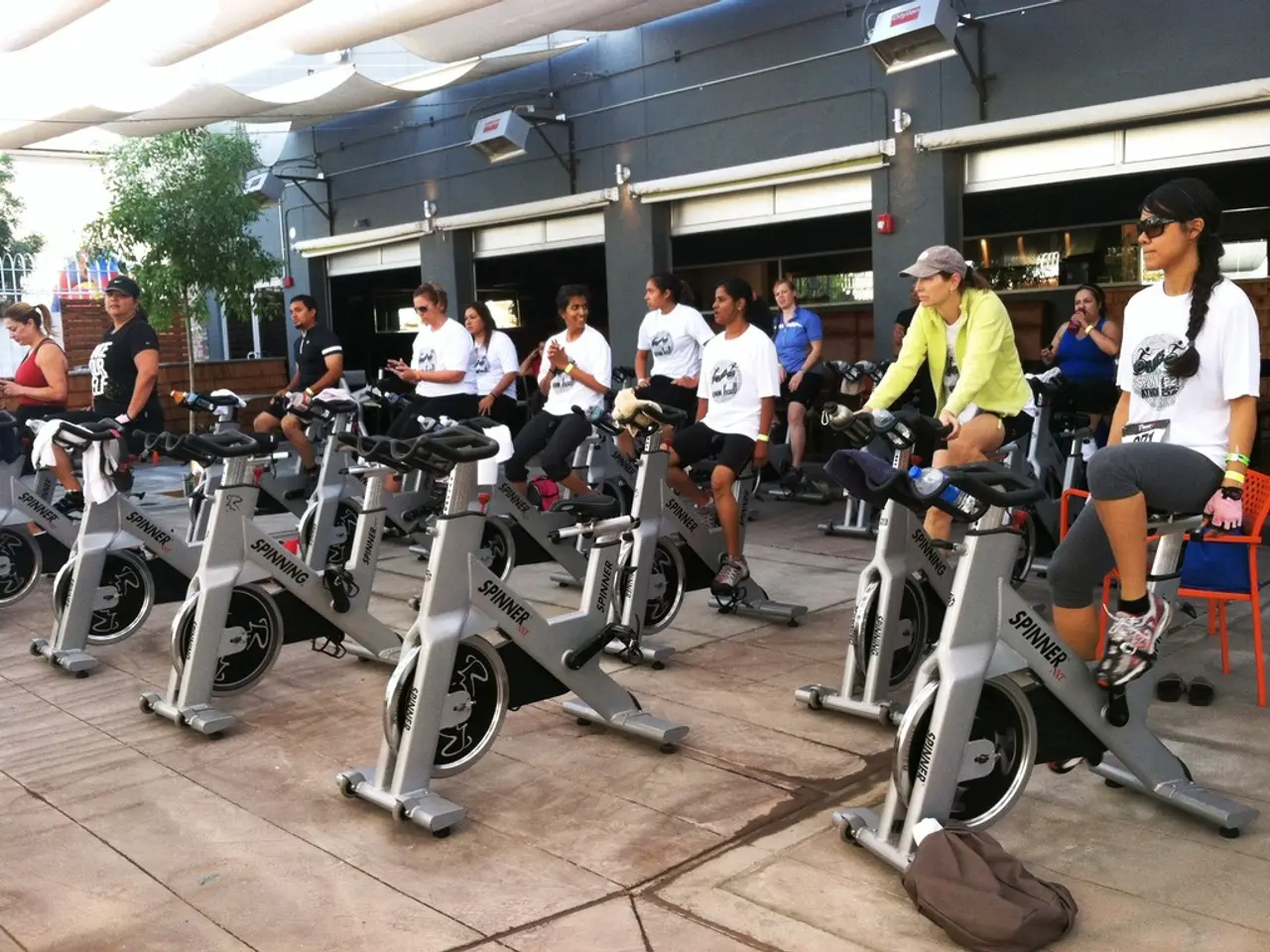Uncover coaching methods that cultivate character and resilience, transcending mere sports victories.
In the ever-evolving world of sports, the focus has shifted from just physical prowess to nurturing the whole athlete – mind, body, and soul. This comprehensive approach to athletic development emphasizes mental, emotional, and social growth, ensuring that athletes thrive both on and off the field.
A holistic sports training program is designed to optimize performance by integrating multiple facets of athlete development. Here are the key components of such a program:
Holistic Components of a Sports Training Program
1. Physical Fitness
Strength, speed, endurance, and agility are at the forefront of any sports training program, with a focus on enhancing sport-specific performance. In addition, conditioning strategies that encompass both aerobic and anaerobic training are incorporated to develop comprehensive fitness.
2. Mental Toughness
Mental performance training, including mindfulness, visualization, and positive self-talk, can boost an athlete's confidence, focus, and resilience under pressure. Psychological skills, such as stress management and maintaining motivation, are also crucial elements in building mental toughness.
3. Team Chemistry
Effective communication, respect for others, and a positive team environment are key elements in building team chemistry. Fostering communication, trust, and cooperation among team members helps create a sense of oneness, confidence, and teamwork, significantly impacting sport performance and enjoyment.
4. Nutrition Planning
A balanced diet, providing energy, aiding in muscle building, enhancing endurance, and lowering injury risks, plays a crucial role in athletic training. Macronutrient balance, including adequate intake of carbohydrates, proteins, and fats tailored to individual needs, is essential for optimal performance.
|Macronutrient|Recommended Daily Intake| |--|--| |Carbohydrates|2-3 grams/kg body weight| |Protein|1.2-1.6 grams/kg body weight| |Fat|0.5-1 gram/kg body weight|
5. Recovery Strategies
Recovery is vital for preventing burnout, injury, and ensuring athletes return to training refreshed and ready to perform at their best. Active recovery, such as foam rolling, stretching, and contrast showers, and adequate sleep and rest are essential components of a comprehensive recovery plan.
6. Mindfulness
Mindfulness practices, like deep breathing or meditation, support recovery by promoting relaxation and reducing stress. Encouraging athletes to be fully present during training sessions can also enhance focus and performance.
Implementation and Integration
Tailoring the program to each athlete's strengths, weaknesses, and recovery patterns is essential for success. Adapting training schedules to accommodate life stressors and travel is also crucial. By combining physical training with mental preparation, nutrition, recovery, and mindfulness, athletes can achieve a higher level of performance while maintaining overall well-being.
The roots of mental toughness in sports training can be traced back to early sports psychology in the mid-20th century. Proper training builds character and skills that serve athletes well beyond their sports career, creating well-rounded individuals ready for life's demands.
Facilities like Shore Point Recovery offer specialized programs focusing on mental wellness alongside physical recovery, ensuring that athletes receive comprehensive support in their journey towards peak performance.
[1] Mental Toughness in Sport: A Psychological Skill for Peak Performance [2] The Importance of Nutrition for Athletes [3] The Role of Mindfulness in Sports Performance
- In addition to physical fitness, a holistic sports training program emphasizes mental performance, such as mindfulness, visualization, and positive self-talk, to enhance an athlete's mental toughness and resilience.
- Nutrition plays a crucial role in athletic training, as a balanced diet, rich in carbohydrates, proteins, and fats, tailored to individual needs, can provide energy, aid in muscle building, enhance endurance, and lower injury risks.
- Recovery strategies, including adequate sleep, rest, and mindfulness practices like deep breathing or meditation, are essential for preventing burnout, injury, and ensuring athletes return to training refreshed and ready to perform at their best.
- Acknowledging the importance of mental health, facilities like Shore Point Recovery offer specialized programs focusing on mental wellness alongside physical recovery, ensuring that athletes receive comprehensive support in their journey towards peak performance and well-being.




